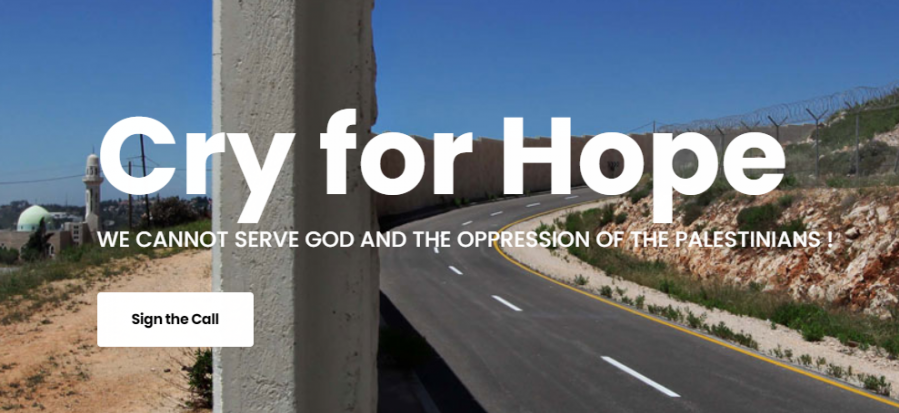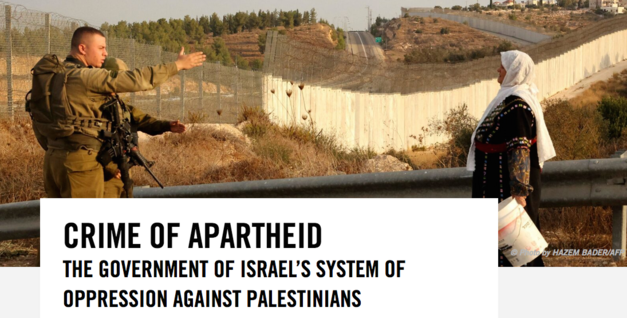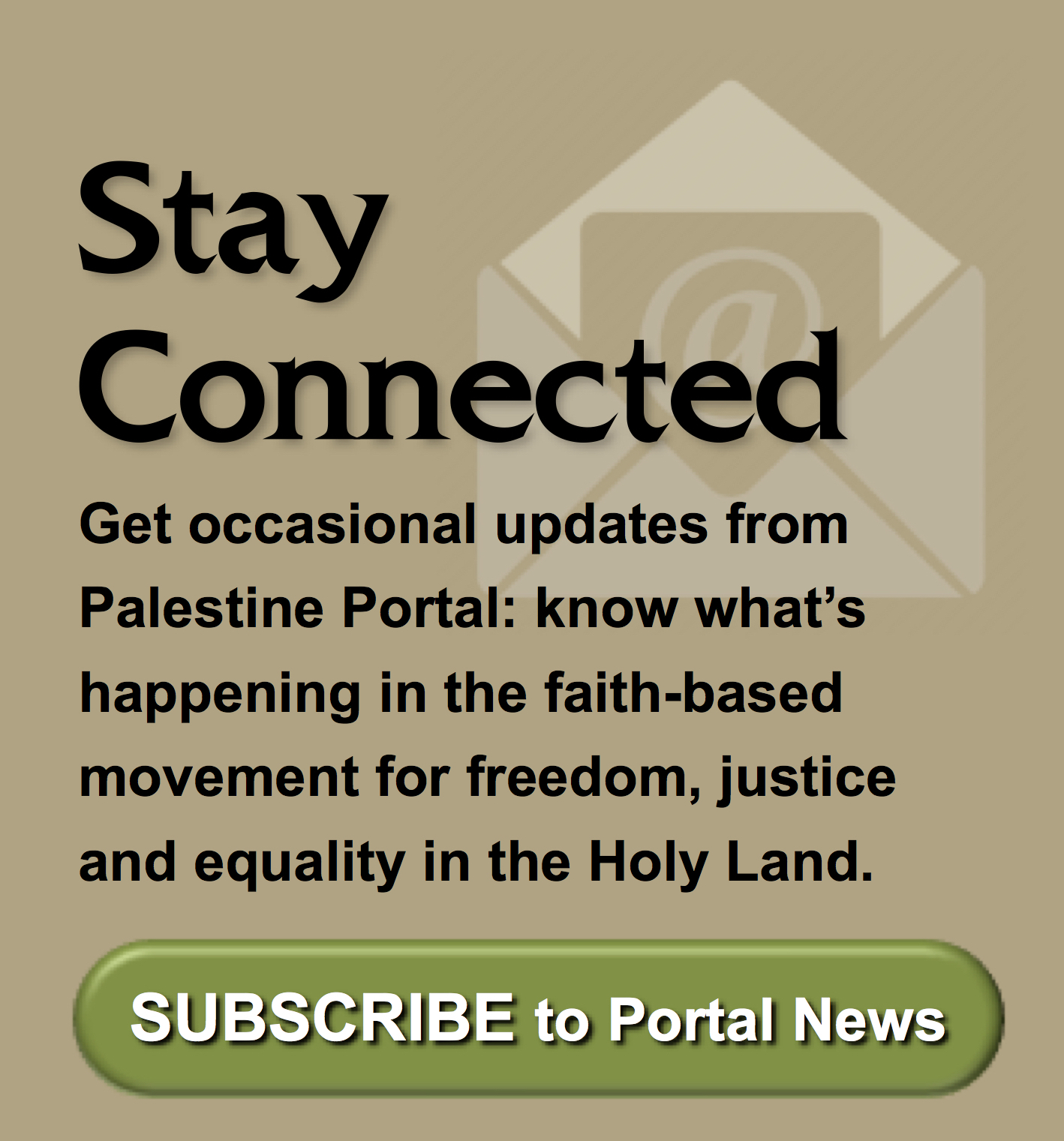
News stories in recent months and opportunities for action,
from and for the Palestine Portal community.
(See earlier news and action here.)

Israel’s War: Analysis, Commentary, and the Response of the Churches to the October 7th Attack by Hamas
Palestine Portal has covered the attacks by Hamas, Israel’s retaliation, and the response of commentators, church and other faith groups and allied organizations in two special editions. Click below to read them and distribute them widely.
Part 1: Israel’s War: Analysis and Commentary to the October 7th Attack by Hamas
Part 2: Israel’s War: The Response of the Churches to the October 7th Attack by Hamas
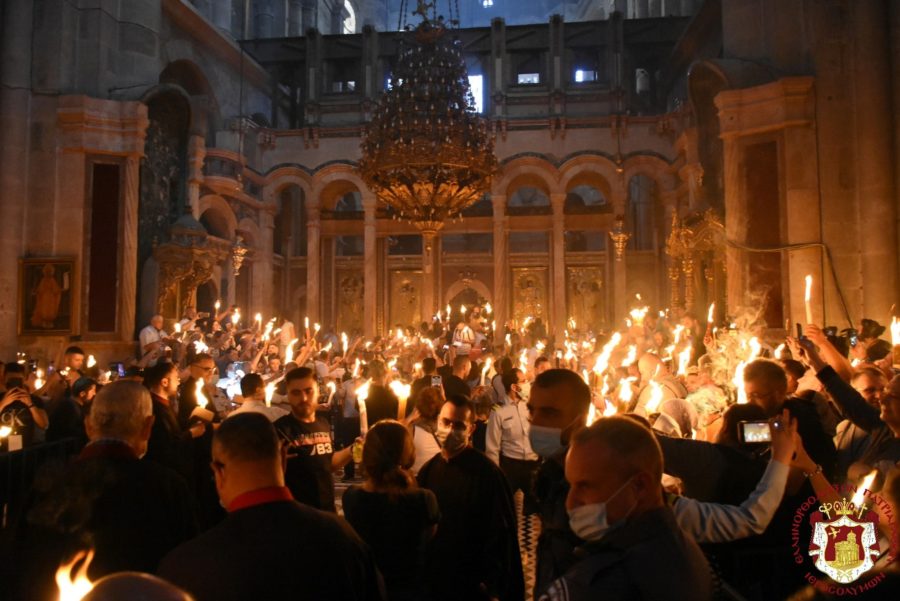
Freedom of Worship in Jerusalem
“The Orthodox Patriarchate of Jerusalem, together with local Christian Organizations and community leaders, reject the restrictions on Christians gathering in and around their places of worship which the Israeli police claim will be necessary to ensure the safety of participants in this month’s Holy Fire ritual.
“…Our communities have been exercising this divine right freely throughout the ages and different rulers, regardless of the circumstances that the Holy City went through in history.” ….“We affirm our strong and renewed commitment to our natural right to celebrate our holidays along with our communities, families and to participate together in prayers at our churches in the Old City of Jerusalem….”
See the full statement
A petition started by Sabeel in Jerusalem calls on the international community to support the Patriarchate: “We the undersigned support the decision of the Greek Orthodox Patriarchate of Jerusalem that it will not compromise its right to provide spiritual services in all Churches and Church squares….”
See the petition and the updates from Sabeel on events in Jerusalem on the weekend of Orthodox Easter 2022 (1 week later than Easter Sunday in western churches)
For background and links to statements of support from U.S. and world churches, read the article in Mondoweiss. See also a report inThe Washington Post.
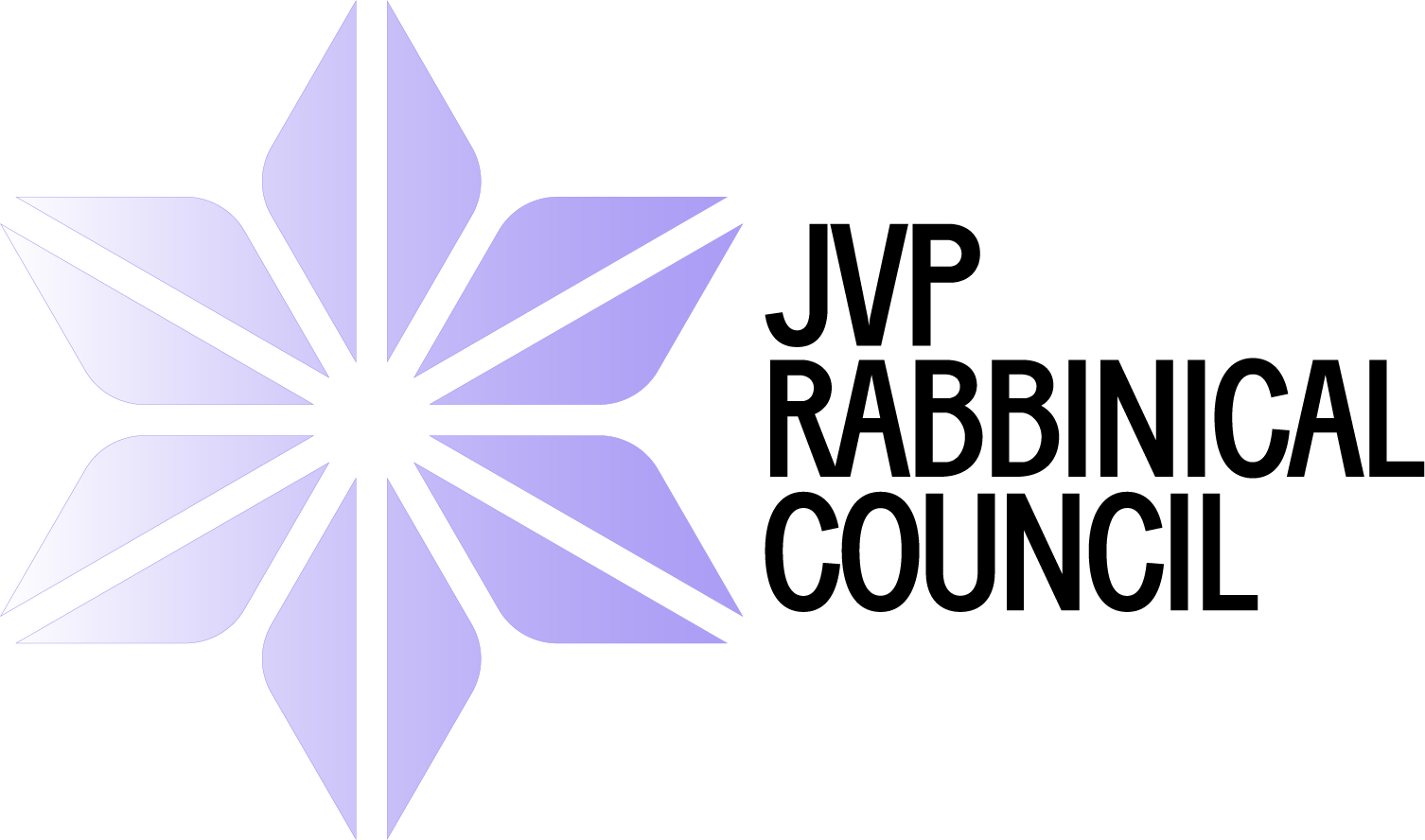 Statement from the Jewish Voice for Peace Rabbinical Council
Statement from the Jewish Voice for Peace Rabbinical Council
During the Passover Festival in 2022, when Jews the world over gather to affirm core Jewish principles of political liberation and religious freedom, the government of Israel has betrayed the ethical center of Jewish tradition as well as universally accepted norms of equality and justice.
The JVP Rabbinical Council issued a statement this month of April: “For the fourth time in a week and the third day in a row, the Israeli military physically attacked worshipping Muslims in Al Aqsa Mosque to clear the way for Jews to enter one of the holiest sites in Islam. Meanwhile, the Israeli police allow no Muslims to approach the Jewish side of the Western Wall.”
Entitled “Pray for the Peace of Jerusalem,” the rabbis’ statement declared: “The religious and racial discrimination practiced by the State of Israel could not be more stark: Palestinians are not free even in their own space; Jews are free in Jewish sacred space and in Palestinian spaces.” The rabbis conclude by aptly quoting the story from the Book of Exodus in which Moses challenges his fellow Jew. See their full statement
Sabeel-Kairos UK Cry for Hope Lenten Series
Sabeel-Kairos UK has launched a series of studies for Lent 2022 focused on the Kairos Palestine ‘Cry for Hope’ and associated themes. This series includes live online events with international speakers, discussion, prayers and actions, every Sunday for five weeks during the season of Lent.
“Cry for Hope – A Call to Decisive Action” was issued in July 2020 by Kairos Palestine, the movement of Christian community in the Holy Land, the Cry was taken up by “Global Kairos for Justice,” a coalition of committed Christians from around the world.
A number of churches in the UK have noted “Cry for Hope” and commended it for study, while others have resolutions before them that call for such recognition. This Lenten course is a resource for such these studies, during the season of Lent and throughout the year.
See the full description of the series here
Watch the series of webinars at the Sabeel-Kairos Youtube Channel
Download the Lenten Study Programme
Download the Study Guide
COMPELLED TO WITNESS: A Christian Church (Disciples of Christ) Pastoral Letter Affirming Justice, Rights, and Accountability in Promoting Peace in Israel/Palestine
February 2022
Pointing to the rapidly deteriorating situation in Palestine/Israel, leaders of the Christian Church (Disciples of Christ) in the United States and Canada issued a Pastoral Letter Wednesday, writing, “Israeli policies and practices that discriminate against Palestinians— Christians and Muslims alike—are consistent with the international definition of the crime of apartheid.”
“The continuing occupation, denial of rights, and injustice that Palestinians endure is not consistent with our understanding of God’s vision for justice for all people, and therefore is sin,” the letter reads.
See the full letter
Download the pastoral letter
To accompany the pastoral letter, the Church also published answers to Frequently Asked Questions. See the FAQs
See the report in Mondoweiss:
“Another North American Church Sees Apartheid in Israel
Kairos Palestine Welcomes Amnesty International Report on Israeli Apartheid
In February 2022, Amnesty International published an headline-making report that comprhensively documents the practice of apartheid by the Israeli government. This report was just the latest in a series of authoritative legal analysis of Israeli apartheid that goes back to 2009. The 2020’s in particular have seen increasingly severe and impressive reporting on Israeli apartheid.
See all the reports on Israeli Apartheid on Palestine Portal
An excerpt from the Kairos Palestine statement:
“We are particularly grateful that Amnesty International begins its report by pointing to the roots of the May 2021 Unity Uprising that brought Palestinians together across ’48 Israel, Gaza and the West Bank (including illegally annexed East Jerusalem). Israel’s brutal response not only put the world on notice regarding Israel’s over seventy-year occupation, it also served to strengthen our cry for justice and our sense of unity.
“Kairos Palestine calls on the Church, civil society and governments around the world to recognize the ongoing discrimination, dispossession of land, repression of nonviolent resistance, suppression of civil society organizations and indiscriminate killings, and pressure the State of Israel to end its occupation and apartheid.”
Kairos Palestine welcomes Amnesty International Report: “Israel’s Apartheid Against Palestinians: Cruel System of Domination and Crime Against Humanity”
4 February 2022 – Jerusalem
The board, staff and supporters of Kairos Palestine welcome Amnesty International’s momentous report, Israel’s Apartheid Against Palestinians: Cruel System of Domination and Crime Against Humanity. We appreciate Amnesty International’s courage in publicly documenting what for decades Palestinian human rights organizations and, more recently, prominent Israeli and international human rights groups have concluded: Israel’s laws, policies and practices constitute an apartheid state.
The over 250-page report exposes the reality that “Since its establishment in 1948, Israel has pursued an explicit policy of establishing and maintaining a Jewish demographic hegemony and maximizing its control over land to benefit Jewish Israelis while minimizing the number of Palestinians, restricting their rights and obstructing their ability to challenge this dispossession.”
We are particularly grateful that Amnesty International begins its report by pointing to the roots of the May 2021 Unity Uprising that brought Palestinians together across ’48 Israel, Gaza and the West Bank (including illegally annexed East Jerusalem). Israel’s brutal response not only put the world on notice regarding Israel’s over seventy-year occupation, it also served to strengthen our cry for justice and our sense of unity.
Kairos Palestine calls on the Church, civil society and governments around the world to recognize the ongoing discrimination, dispossession of land, repression of nonviolent resistance, suppression of civil society organizations and indiscriminate killings, and pressure the State of Israel to end its occupation and apartheid.
Palestinian Christians across the religious spectrum gathered in 2009 to issue the historic document, “A Moment of Truth: A Word of Faith, Hope and Love from the Heart of Palestinian Suffering.”
As we declared: “Our message to the Jews tells them: Even though we have fought one another in the recent past and still struggle today, we are able to love and live together. We can organize our political life, with all its complexity, according to the logic of this love and its power, after ending the occupation and establishing justice. (Kairos Palestine document chapter 5.4.2)
Kairos Palestine, the most extensive Palestinian Christian ecumenical non- violent movement, is based on Kairos Palestine document: A Moment of Truth, launched in 2009, affirming that the Palestinian Christians are part and parcel of the Palestinian nation, calling for peace to end all suffering in the Holy Land by laboring for justice, hope and love, embraced by the Christian community, signed by all historically recognized Palestinian Christian organizations, and endorsed by the Heads of Churches in Jerusalem.
Download the statement
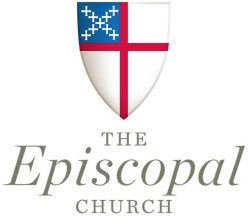 Six Resolutions in Three Episcopal Diocesan Conventions
Six Resolutions in Three Episcopal Diocesan Conventions
Adapted from a report by EPF PIN: Episcopal Peace Fellowship-Palestine Israel Network
In the fall of 2021, Episcopalians in three dioceses [regional bodies of the Episcopal Church] – Olympia (WA), Vermont, and Chicago – adopted strong resolutions in support of Palestinian human rights and condemning Israeli violations of international law and established human rights conventions.
The October convention of the Diocese of Olympia passed two resolutions. The first of these resolved to educate congregations in the diocese “about Israel’s ongoing military occupation of the West Bank and blockade of Gaza and Israel’s separate, inequitable laws and unequal treatment of Palestinians” and further identified the Bishop’s Committee for Justice and Peace in the Holy Land as a resource for this work.
Their second resolution, which will be forwarded to the 2022 General Convention of the Episcopal Church, condemned “the continued occupation, segregation, and oppression of the Palestinian people” and resolved that “the Convention urge the President of the United States and the US Congress to take action to oppose Israeli laws and practices that result in unequal rights for two peoples.”
In early November, the Diocese of Vermont expanded upon its rich history of Palestine advocacy by passing three resolutions. Two of these, “Application of the Leahy Law to Israel” and “Supporting Freedom of Speech and the Right to Boycott,” were passed at Vermont’s 2018 diocesan convention. This year’s convention voted to send these resolutions on to the Episcopal Church’s General Convention. Vermont’s Right to Boycott resolution has served as a model for at least two other dioceses, Chicago and Rochester, which have passed similar resolutions.
The third of the Vermont resolutions, “Recognition of Apartheid in Israel/Palestine,” was a landmark achievement, marking the first time that any entity within the Episcopal Church had named Israeli policy toward Palestinians apartheid. That this resolution passed with a strong majority is a measure of a shifting discourse and increased appreciation of the nature of the Zionist occupation of Palestine.
On November 20th, at the Diocese of Chicago’s Convention, delegates adopted Resolution F184 “Confronting Apartheid“….The diocesan website presents the official text and explanation, with the resolution amended (the final “resolved”) from the floor.
Two “C” resolutions passed at the 2020 diocesan convention have already been forwarded for consideration at 2022 General Convention: Supporting the Right to Boycott and Confronting Christian Zionism.See the EPF PIN Newsletter, Nov. 2021.
Momentum Builds in Washington DC Diocese
In January 2022, Episcopalians in the Diocese of Washington continued the momentum in their denomination by adopting three resolutions: Opposing Israel’s Apartheid (by 73%), Confronting Christian Zionism (by 76%), and Defending the Right to Boycott (by 80%).
Rejection of Israel’s apartheid deepens as Episcopalians move toward crucial conclave
By Steve France
February 2, 2022
Episcopalians in the Diocese of Washington voted big against Israel’s treatment of Palestinians on 29 January, adopting resolutions to “oppose Israel’s apartheid” (by 73%), to “confront Christian Zionism” (by 76%), and to “defend the right to boycott” (by 80%), which is under assault from anti-BDS laws enacted in dozens of states and championed in Congress. The latest church action followed similar emphatic statements by Episcopalians in the Dioceses of Chicago, Rochester, Vermont, and Olympia, all aimed at the denomination’s General Convention in Baltimore in July.
Tom Getman and Sari Ateek are persons who have labored long and hard in their own ways in Palestine advocacy over the years. They stepped forward at the Diocese of Washington’s annual convention to shepherd two resolutions through to passage.
The legacy and spirit of one of South Africa’s greatest prophets of liberation, Desmond Tutu, inspired the annual convention of women and men who belong to the same Anglican communion of which he was an archbishop. When Tom Getman of St. Mark’s Capitol Hill introduced the anti-apartheid resolution — in effect inviting the convention to cross the Rubicon into fundamental opposition to Israel’s apartheid system — he flashed back to the day in 1980 when the then “little-known African leader” showed up unannounced at Getman’s desk in the office of then-Senator Mark Hatfield (R-OR). The young aide was instantly entranced by Tutu’s soon-to-be-famous joyful if burning rhetoric of holy liberation.
A decade of South African liberation struggle later, Getman recounted, during which he had helped his senator fight against apartheid, “the Arch,” as he was known, suddenly turned the young man in a new direction, telling him, “If you really want to prove your human rights bona fides, you must turn your eyes to the Palestinians.” After three decades of solidarity work, including humanitarian and human rights work in Israel-Palestine and constant efforts to awaken his fellow Christians, the moment had finally come, Getman said, when Tutu’s Church also had to turn its eyes to Palestine and, in Tutu’s words, “liberate the Israelis themselves, as well as the Palestinians, from the traumatic burden of apartheid.”
Moments later, the convention adopted the resolution Getman presented, which “condemns Israel’s apartheid system as antithetical to the Gospel message and to our Baptismal Covenant to ‘strive for justice and peace among all people and respect the dignity of every human being” and goes on to recognize “the complicity of the U.S. government in supporting and protecting Israel in its apartheid practices against the Palestinians, deems that support antithetical to America’s fundamental values, and calls on the President and Congress to condemn and oppose Israel’s apartheid [including by halting military aid to Israel.]”
Further evidence that a tipping point has been reached in Palestinians’ long struggle to become politically visible to Americans and have their rights taken seriously came when Rev. Sari Ateek, rector of St. John’s Church Norwood, introduced a resolution “Confronting Christian Zionism.” Ateek, a Palestinian-American, has quietly educated parishioners about his homeland and led several pilgrimages to the Holy Land but had always kept activists at a friendly arm’s length. Thus, his appearance before the convention as the lead sponsor of one of the resolutions, told the delegates that things are changing. The resolution he presented “rejects the theology of Christian Zionism … [and] condemns the political policy positions promoted by such a theology.”
When Rev. David Wacaster, rector of Good Shepherd Silver Spring presented the third resolution — which condemns dozens of laws and executive orders around the country that unconstitutionally seek to punish Americans for supporting BDS — the convention waived it through with an 80 percent majority after almost no debate.
What happened at the convention confirms an awakening to Israel’s long-festering human rights problem within the liberal U.S. “elite,” to which the clergy and lay leaders of mainline denominations largely belong. Nonetheless, the solidarity movement still has challenges to overcome before the Churches can rightly be seen as opposing Israel’s apartheid as strongly as they did the apartheid in South Africa.
The breakthrough in DC was of a pattern with similar votes in 2021 in other mainline denominations — such as the Presbyterian Church and the United Church of Christ — which are moving in the same direction. So, in DC, as elsewhere, debate on the Palestinian solidarity resolutions included the following features:
• No one mounted a defense of Israel’s harsh treatment of the Palestinians as justifiable or unavoidable.
• No one suggested that the resolutions or their proponents are antisemitic.
• No visible interfaith pushback surfaced from Jewish leaders.
• No visible opposition surfaced from the pro-Israel Lobby.
• Proponents strongly asserted that the dismantling of Israel’s apartheid was in fact in the long-term best interest of Israeli Jews, and they avoided expressing stinging, visceral criticism of Israel and its supporters.
• An evidently greater realism about Israel’s injustice toward Palestinians could not have come mainly from grassroots work by activists to educate their fellow churchgoers, since the activists lacked the personnel or resources to do such work. Thus, the awakening showed how information is getting to the public from other sources, — mainstream, as well as social media – and a growing immunity to disinformation and smears aimed at maintaining the myth of Israel’s innocence.
All these elements are evidence that, at least among a somewhat elite population, the Israel-Palestine conflict has moved from being seen as a national or diplomatic problem of political conflict to being seen as a critical human rights problem. Big gains for Palestinians are further evident in activists’ perfect won-lost record on church resolutions — five wins in five tries in the Episcopal Church, for example.
SEE COMMUNITY NEWS FROM 2021
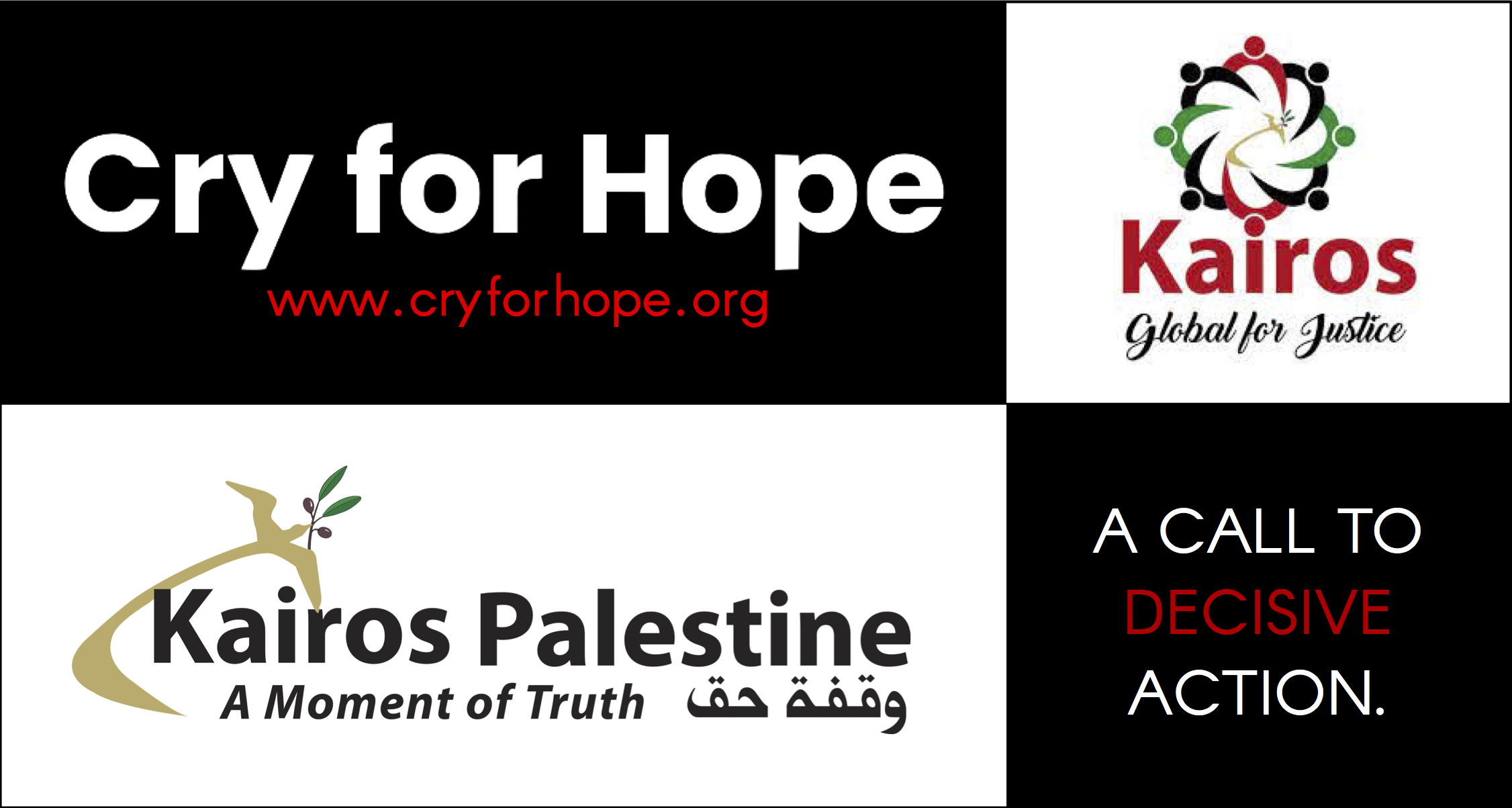
Cry for Hope: A Call to Decisive Action
Endorse and share the Palestinian Christians’ Call of 2020
“Can you help us get our freedom back?” Join the community of individuals, churches and organizations the world over standing for justice and equality. Read “Cry for Hope: a Call to Decisive Action,” available in multiple languages. Join the Facebook community to share how you are responding to “Cry for Hope.”
The Palestinians called out to the world in 2009 in the Kairos Palestine Document “A Moment of Truth: a word of faith, hope and love from the heart of Palestinian suffering.” Kairos Palestine set in motion a global movement, rousing churches to action and awakening civil society to the reality of Palestinian suffering.
But the oppression and land taking did not stop.
![]()




